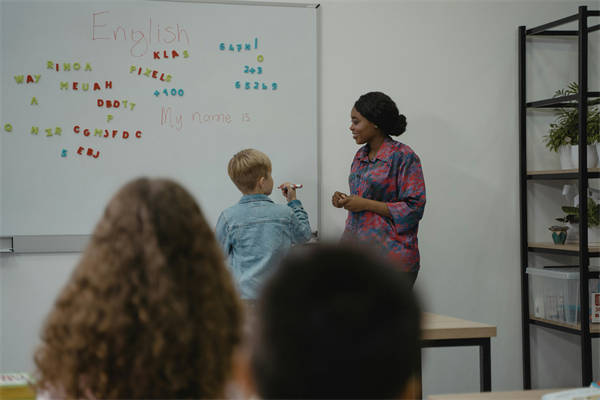Common Uses and Misunderstandings of Prepositions in English
.png)
Prepositions in English are words that indicate relationships between nouns, pronouns, and other words in a sentence. They are essential for forming correct and coherent sentences. However, there are several common questions and misunderstandings about prepositions that many English learners encounter. Let's delve into some of these questions and provide detailed answers to clarify any confusion.
What is the difference between "to" and "too"?
The preposition "to" is used to indicate direction, movement towards something, or the object of a verb or a preposition. For example, "I am going to the store" or "She wants to visit her friend." On the other hand, "too" is an adverb that means "also" or "excessively." It is often used in phrases like "I am too tired to go to bed" or "She is too happy to be true." Understanding the difference between these two words is crucial to avoid confusion and grammatical errors.
Example:
Incorrect: I am going to too store.
Correct: I am going to the store.
When should I use "in" versus "on"?
"In" is used to indicate location within a space, while "on" is used to indicate location on a surface. For instance, "I live in a house" suggests that the house is within a certain space, whereas "I have a book on the table" indicates that the book is placed on the surface of the table.
Example:
Incorrect: I live on a house.
Correct: I live in a house.
What is the difference between "with" and "by"?
"With" is used to indicate accompaniment or the means by which something is done. For example, "She cooked the meal with her grandmother" or "I am walking with my dog." On the other hand, "by" is used to indicate the agent who performs the action or the method of doing something. For example, "The painting was painted by an artist" or "She travels by train." Knowing the difference between these prepositions is important for accurate sentence construction.
Example:
Incorrect: She cooked the meal by her grandmother.
Correct: She cooked the meal with her grandmother.
Should I use "on" or "in" after "wait"?
When "wait" is followed by a specific time, "for" is used with "in" to indicate the length of time. For example, "I will wait in the room for two hours." However, when "wait" is followed by a general time without a specific duration, "on" is used. For instance, "I will wait on you tomorrow." The distinction between "on" and "in" after "wait" depends on the context of the sentence.
Example:
Incorrect: I will wait in you tomorrow.
Correct: I will wait on you tomorrow.




.png)